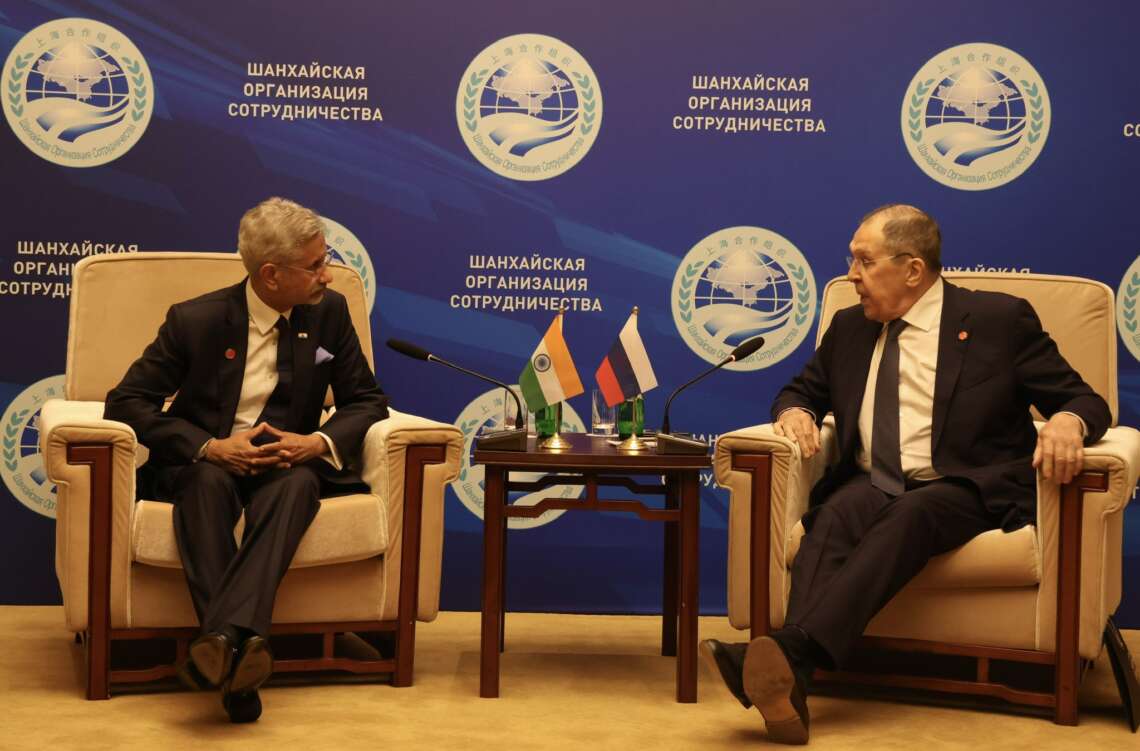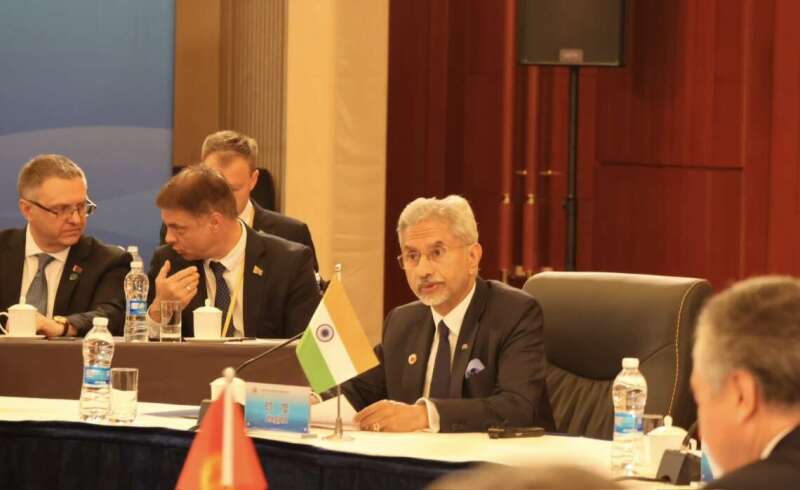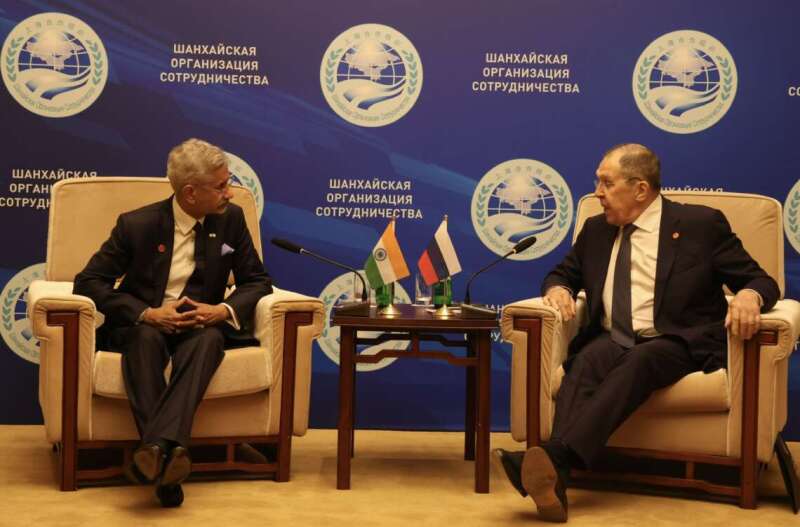The other holidays cancelled include “Historic March 7” Day, the birth anniversary of Sheikh Hasina’s brother on August 5…reports Asian Lite News
In Bangladesh, the interim government led by Prof. Muhammad Yunus announced the cancellation of eight national holidays introduced by Sheikh Hasina, including the birth and death anniversaries of Sheikh Mujibur Rahman, observed on March 17 and August 15, respectively. The announcement was made on Wednesday through a post on the verified Facebook page of the chief adviser to the interim government.
The other holidays cancelled include “Historic March 7” Day, the birth anniversary of Sheikh Hasina’s brother on August 5, the birth anniversary of her mother on August 8, the birthday of her younger brother on October 18, National Constitution Day on November 4, and Smart Bangladesh Day on December 12.
Meanwhile, Sheikh Hasina’s party, the Awami League, has accused the interim government of attempting to erase the history of Bangladesh’s creation by “pressing the reset button.” In a statement posted on its verified Facebook page, the party stated that the government had cancelled eight national holidays, including March 7, which marks Bangabandhu’s historic speech that united the Bengali people during the Liberation War.
In a related development, Nahid Islam, the ‘student coordinator’ and adviser to the interim government, said in a statement on Wednesday in Dhaka that the interim government does not recognise Sheikh Mujibur Rahman as the Father of the Nation.
Meanwhile, Bangladesh’s post-Covid recovery continues to be impacted by high inflation, balance of payments deficit, financial sector vulnerabilities, and increasingly limited job opportunities for its youth, especially women and educated youth, says the World Bank in its twice-yearly-update, released on Tuesday.
The latest Bangladesh Development Update highlights that global and domestic factors have created a challenging macro-fiscal context for the country. Bangladesh’s real GDP growth moderated to 5.2 per cent in FY24, primarily due to weak consumption and exports. It is projected to decelerate to 4.0 per cent in FY25, driven by subdued investment and industrial sector activities, before accelerating to 5.5 per cent in FY26 and returning to a robust growth trajectory thereafter.
Bangladesh also faces increasing income inequality, particularly in urban areas. From 2010 to 2022, Bangladesh’s Gini index–a measure of income inequality–increased by nearly three points from 0.50 to 0.53. The report highlights urgent and bold reforms that are necessary to help the country return to a strong, inclusive and sustainable growth path.













